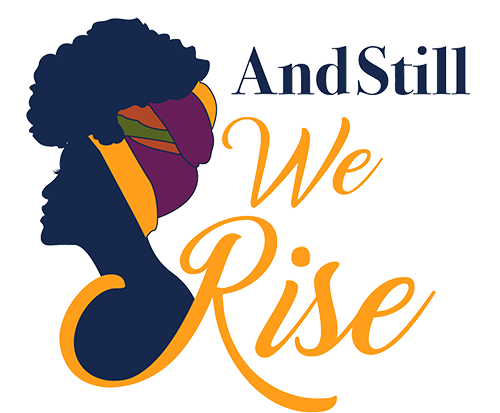Why Knowing Holidays is Important as a Therapist
A small step to better show up for clients
By: Sarah Bolte, LMHC
Many of the spaces we exist in don’t always give us the room to honor all aspects of ourselves. It could be at school where we may not have time to involve ourselves in tradition or aspects of our culture due to the intensity of our school work. Or it could be in the workplace, where our time-off and opportunity to celebrate our cultures is often restricted to what holidays or benefits we’re offered.
With the pandemic ongoing, our ability to be in spaces where we can celebrate ourselves and the things we value has been impacted as well. Add that to any limitations in our work/school/obligations and life balance, and there are often decreased opportunities to connect with others who share our beliefs, traditions, and celebrations. Like most of the world, therapy went online, and both therapists and clients found themselves having the shared experience of being separated from others. With this transition, therapists likely found themselves in the position of supporting different or new feelings, emotions, and/or losses experienced by clients that many therapists had likely never encountered before; specifically with the loss of shared spaces to celebrate the things that make us, us.
As a therapist I strive to ensure I can show up for all my clients. This means educating myself on my own time in areas I’m not sure about and remaining open to the many different parts of my clients. While most of this learning takes place on a larger scale via regular training or reading, there are small things I’ve been able to incorporate in my daily practice that have improved my ability to meet clients where they are at and limit the time they feel they need to educate me; the power of not having to explain aspects of oneself over and over again is not something to be taken for granted. One of these small, important acts is knowing when holidays of various cultures and religions occur and having a basic understanding of the practices, celebrations, and time involved.
The act of starting to do this was an easy one; I opted in to more holiday calendars in my calendar app. This feels so obvious and yet I had not taken the time to do it before, instead relying on the provided “US Holidays” which often don’t encompass anything outside of national or Christian-centered holidays. The five seconds it took to enable additional holidays now provides me with a new wealth of areas to learn more about and reminds me that I may have clients (or coworkers) who celebrate one of the many holidays I’m not familiar with. This seems like an easy step to take to increase our knowledge of cultures and diversity yet it’s not necessarily emphasized in our training or encouraged when we work in spaces that only observe certain holidays. Educating myself around these holidays allows me to offer space for my clients to broach topics around the holiday itself, their culture, their attachment to their culture or their family, etc., in a therapeutic way that doesn’t require them to additionally have to process or hold how it feels to explain a part of themself for likely not the first time.
In my own practice, this became most evident this year with Ramadan. I had many college-aged clients who were spending their first year on campus after being remote for more than two years. This brought up a range of feelings and complications including being separated from their families and communities, as well as being in a setting that may not accommodate for some of the specific challenges that can come along with fasting. Many of our conversations were about gauging interest in connecting with small, on-campus groups and ensuring they make time for Iftar despite homework, studying, and other student pressures. We also spoke about how the academic spaces they are in, while offering some things like group Iftar, are not typically set up to support students during holidays outside of the ones considered part of the academic calendar.
While I may not celebrate every holiday my clients do, I have the ability to offer space for them to process or connect with the holiday in their own way if they want to. Engaging with clients in a way that honors their cultures, holidays, or celebrations gives us more opportunity to connect and deepen the therapeutic relationship. In the unique way that therapists hold space for their clients, we give our clients the chance to share more of themselves with us and, especially during the pandemic, provide moments of connection when it may be difficult to connect otherwise.
About:
Sarah Bolte, LMHC(she/her) is a psychotherapist at And Still We Rise, LLC, Licensed Mental Health Counselor and Registered Art Therapist. Learn more about Sarah here.

